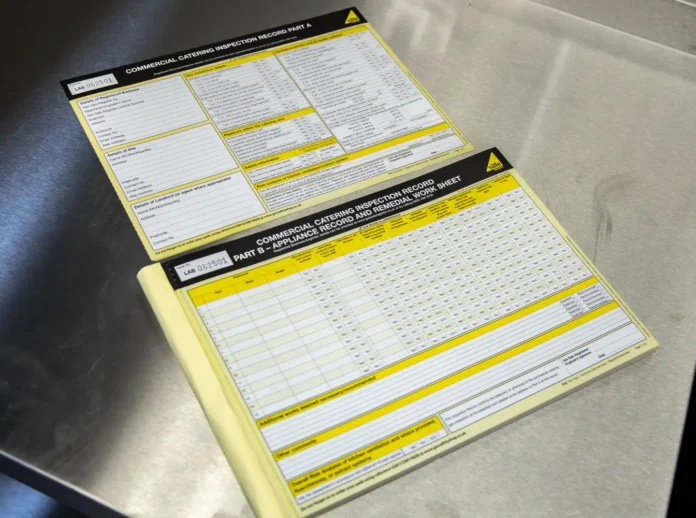Suppose you’re a landlord or a homeowner with gas appliances. In that case, understanding the importance of a Gas Safety Certificate (also known as a CP12 certificate in the UK) is crucial for ensuring the safety of occupants and compliance with legal requirements. In this blog, we’ll delve into what a Gas Safety Certificate entails, why it’s necessary, and how to obtain one.
What is a Gas Safety Certificate?
A Gas Safety Certificate is an official document issued by a qualified Gas Safe registered engineer after they have inspected and tested gas appliances and pipework within a property. This certificate confirms that all gas appliances, fittings, and flues meet safety standards and are safe to use.
Why is a Gas Safety Certificate Necessary?
- Legal Requirement: In the UK and many other countries, landlords are legally required to ensure that all gas appliances in rental properties are checked annually by a Gas Safe registered engineer. This requirement ensures the safety of tenants and compliance with the law.
- Safety Assurance: Gas appliances that are not properly maintained or serviced can pose serious risks, including carbon monoxide leaks, fires, and explosions. A Gas Safety Certificate provides assurance that appliances have been inspected for safety.
- Insurance and Warranty Compliance: Many insurance policies and appliance warranties require proof of regular servicing and safety checks to remain valid. A Gas Safety Certificate fulfills this requirement.
What Does a Gas Safety Inspection Involve?
During a Gas Safety Inspection, a qualified engineer will typically perform the following checks:
- Appliance Functionality: Testing appliances to ensure they are working correctly.
- Gas Pressure and Flow: Checking gas pressure to ensure it’s at the correct level for each appliance.
- Ventilation: Ensuring that there is adequate ventilation around gas appliances to prevent the buildup of carbon monoxide.
- Flue Condition: Inspecting flues to ensure they are clear and properly installed to vent gases safely outside.
- Safety Devices: Testing and verifying the operation of safety devices, such as flame failure devices and pressure relief valves.
How to Obtain a Gas Safety Certificate
- Hire a Gas Safe Registered Engineer: Only engineers registered with Gas Safe are qualified to conduct gas safety inspections. You can find registered engineers on the Gas Safe Register website.
- Schedule an Inspection: Contact a registered engineer to schedule a gas safety inspection. Ensure they are aware that you require a Gas Safety Certificate.
- Inspection and Issuance: The engineer will conduct the inspection, perform necessary tests, and issue the Gas Safety Certificate if all appliances meet safety standards. They will provide you with a copy of the certificate.
- Retention and Distribution: Keep the Gas Safety Certificate on file for your records. If you’re a landlord, you must provide tenants with a copy of the certificate within 28 days of the inspection.
Final Words
A Gas Safety Certificate is not just a piece of paper—it’s a vital document that ensures the safety of occupants and compliance with legal requirements. Whether you’re a landlord renting out property or a homeowner with gas appliances, regular inspections and obtaining a Gas Safety Certificate annually are essential steps in maintaining a safe living environment. Prioritize gas safety to protect yourself, your tenants (if applicable), and your property from the risks associated with poorly maintained gas appliances.
